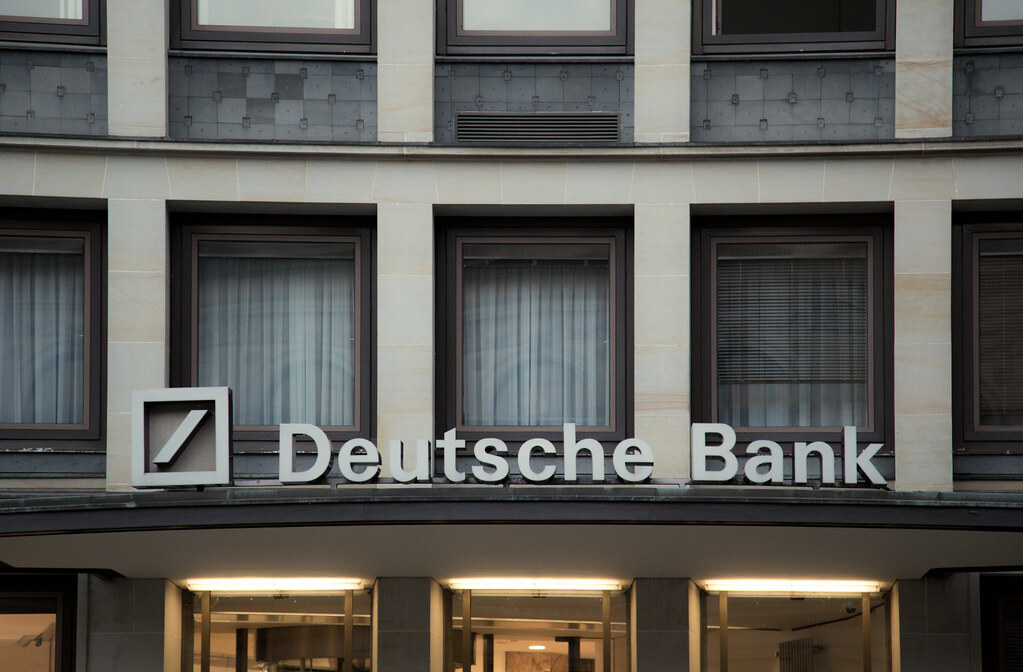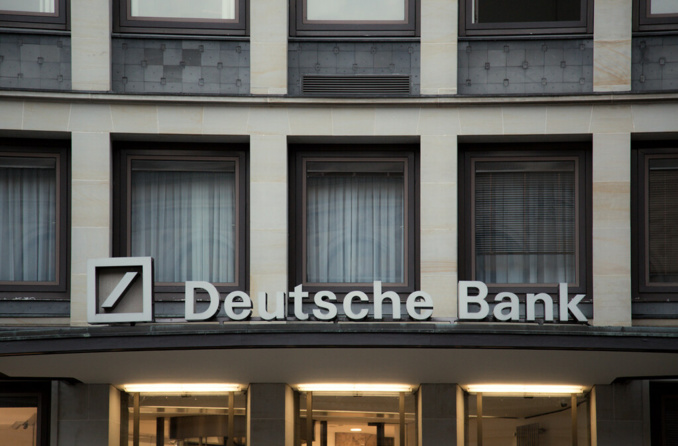Deutsche Bank and Commerzbank terminated merger talks, both banks reported today. “After a thorough analysis, we concluded that this transaction would not create sufficient benefits that would compensate for additional merger risks, restructuring costs and capital requirements associated with such a large-scale integration,” said Deutsche Bank CEO Christian Sewing. Commerzbank also said that after a thorough check, the banks came to the conclusion that such a merger would not be “in the interests of the shareholders of both companies and other interested parties.” “It made sense to consider the option of intra-German consolidation. But from the very beginning it was clear: as a result of the merger, we must achieve a higher and more sustainable return for our shareholders and better services to our customers,” said Head of the board of directors of Commerzbank.
According to Spiegel magazine, it was Mr. Sewing who first of all decided to abandon the merger plans: in his opinion, the merger of the two banks turned out to be too difficult.
In addition, views on the combination of assets of the two banks in the merged company turned out to be too different. First of all, the negotiators tumbled on the question whether this merger would be equal or whether Commerzbank would be a larger participant.
After the failure of the talks, Head of the Association of German Banks, Hans-Walter Peters, said that the German economy was large enough to hold several large banks. “A merger would not have commercial sense in the current situation,” Mr. Peters said.
In mid-March, Deutsche Bank and Commerzbank announced start of official merger talks. The deal would create a bank with assets worth € 1.8 trillion and 140 thousand employees.
After the start of negotiations, it became apparent that the possible merger faced quite numerous obstacles. The Bundestag discussed the fact that if the German authorities sold their shares in Commerzbank before the merger, they would lose about $ 4 billion, and also demanded that the government abandon possible plans to inject new capital in the event of a deal. The unions also expressed dissatisfaction with the possible merger, as it would have led to reduction of tens of thousands of jobs. The German public as a whole also reacted to the prospect of a merger of banks without much enthusiasm: according to a survey conducted by Spiegel together with Civey in mid-March, 49.5% of Germans were against it.
source: spiegel.de
According to Spiegel magazine, it was Mr. Sewing who first of all decided to abandon the merger plans: in his opinion, the merger of the two banks turned out to be too difficult.
In addition, views on the combination of assets of the two banks in the merged company turned out to be too different. First of all, the negotiators tumbled on the question whether this merger would be equal or whether Commerzbank would be a larger participant.
After the failure of the talks, Head of the Association of German Banks, Hans-Walter Peters, said that the German economy was large enough to hold several large banks. “A merger would not have commercial sense in the current situation,” Mr. Peters said.
In mid-March, Deutsche Bank and Commerzbank announced start of official merger talks. The deal would create a bank with assets worth € 1.8 trillion and 140 thousand employees.
After the start of negotiations, it became apparent that the possible merger faced quite numerous obstacles. The Bundestag discussed the fact that if the German authorities sold their shares in Commerzbank before the merger, they would lose about $ 4 billion, and also demanded that the government abandon possible plans to inject new capital in the event of a deal. The unions also expressed dissatisfaction with the possible merger, as it would have led to reduction of tens of thousands of jobs. The German public as a whole also reacted to the prospect of a merger of banks without much enthusiasm: according to a survey conducted by Spiegel together with Civey in mid-March, 49.5% of Germans were against it.
source: spiegel.de



















